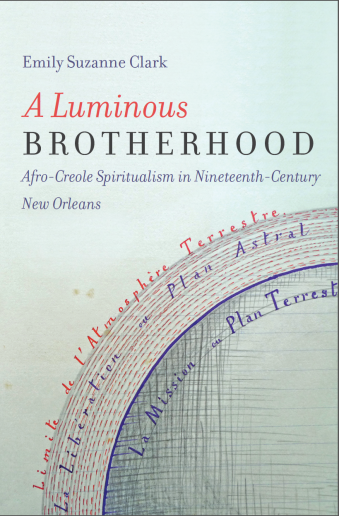A comparative study of familial racial socialization and its impact on black/white biracial siblingsPosted in Dissertations, Family/Parenting, Identity Development/Psychology, Media Archive, Social Science, United States on 2016-09-21 20:35Z by Steven |
A comparative study of familial racial socialization and its impact on black/white biracial siblings
Rutgers, The State University of New Jersey
May 2014
134 pages
DOI: 10.7282/T33N21PQ
A Dissertation submitted to the Graduate School-New Brunswick Rutgers, The State University of New Jersey in partial fulfillment of the requirements for the degree of Doctor of Philosophy Graduate Program in Sociology
This dissertation examines the nature of racial socialization within the families of biracial people. Unlike previous studies of racial socialization of children with one Black and one White parent, this project broadens the scope of influential agents of racial socialization. Utilizing an inclusive approach, I examine the role that parents, extended family members, and siblings play in the process of shaping the racial identity development of biracial people. Through the use of a grounded theory approach, I draw upon data from 22 qualitative, semi-structured interviews with people who have one Black and one White parent. I utilize their responses to questions regarding the nature of their relationship with various family members, and the impact of those experiences.
The 22 respondents included in this study composed 10 sibling sets: 8 dyads and 2 triads. This comparative sibling design provides a context ripe with information about the family inaccessible through other study designs. Employing this sibling study, I elucidate the nature of messages conveyed regarding race, from various members of the family, and I theorize these complex and overlooked processes of racial socialization. I outline agent-specific mechanisms of racial socialization within the family illustrating that parents are not the only influential agents as extant literature would suggest. I argue that all members of the family can be influential agents when engaging agent-specific mechanisms of racial socialization. Those mechanisms include: parents acting as direct and strategic agents of racial socialization, extended family members acting as indirect cultivators of group-belonging or exclusion, and sibling ancillary support to biracial people negotiating and developing their racial identities.
There is an interconnectedness of influence that results from these various approaches to racial socialization. I conceptualize these complex and agent-specific mechanisms, through a figure called the Family Nexus of Racial Socialization. This concept enhances our present understanding of how various family members engage in racial socialization, and the interconnectedness of their influence.
Read the entire dissertation here.



